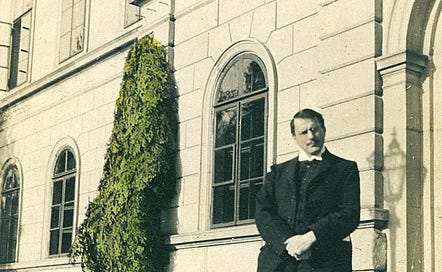I intended to hold off until after I had finished my current series of posts on the Gospels to address the topic of C. G. Jung’s concept of God and specifically his 1952 book, Answer to Job, but this past week the Essentia Foundation released a video on this very subject and that was incentive enough for me to go ahead and address it without delay (one …
Keep reading with a 7-day free trial
Subscribe to The Pragmatic Mystic to keep reading this post and get 7 days of free access to the full post archives.



